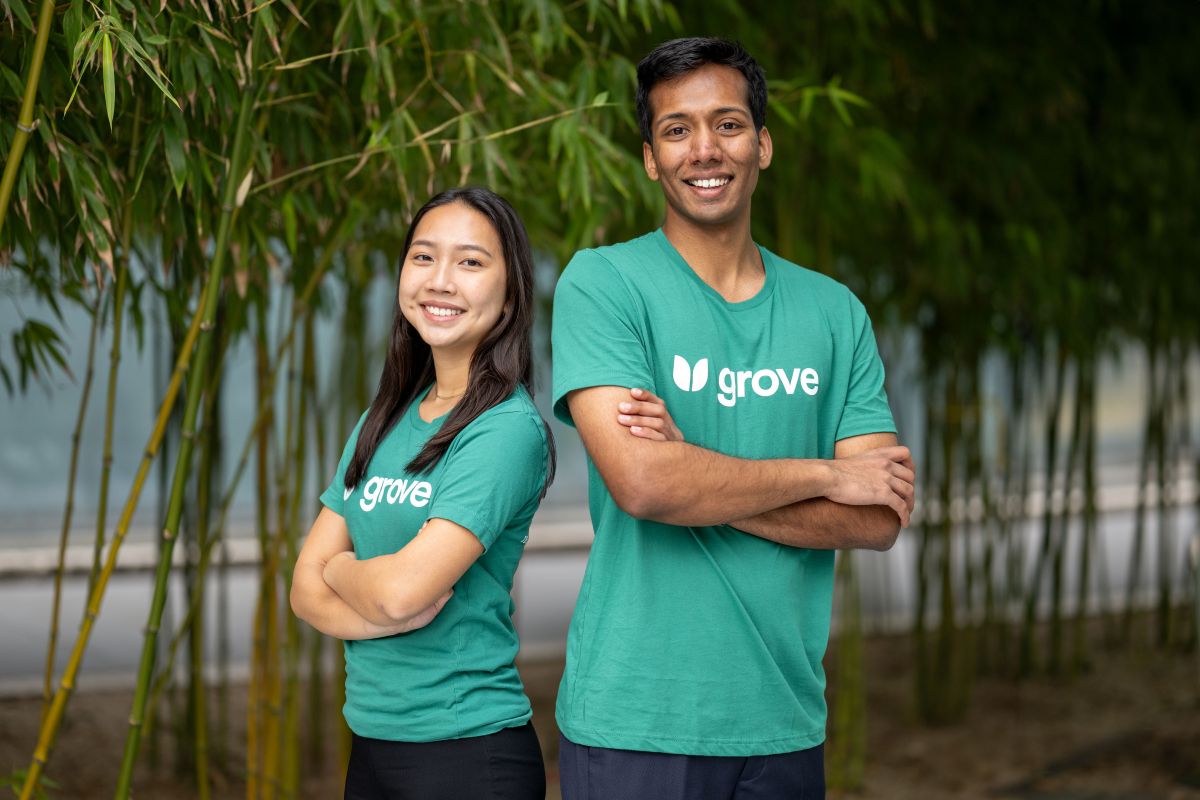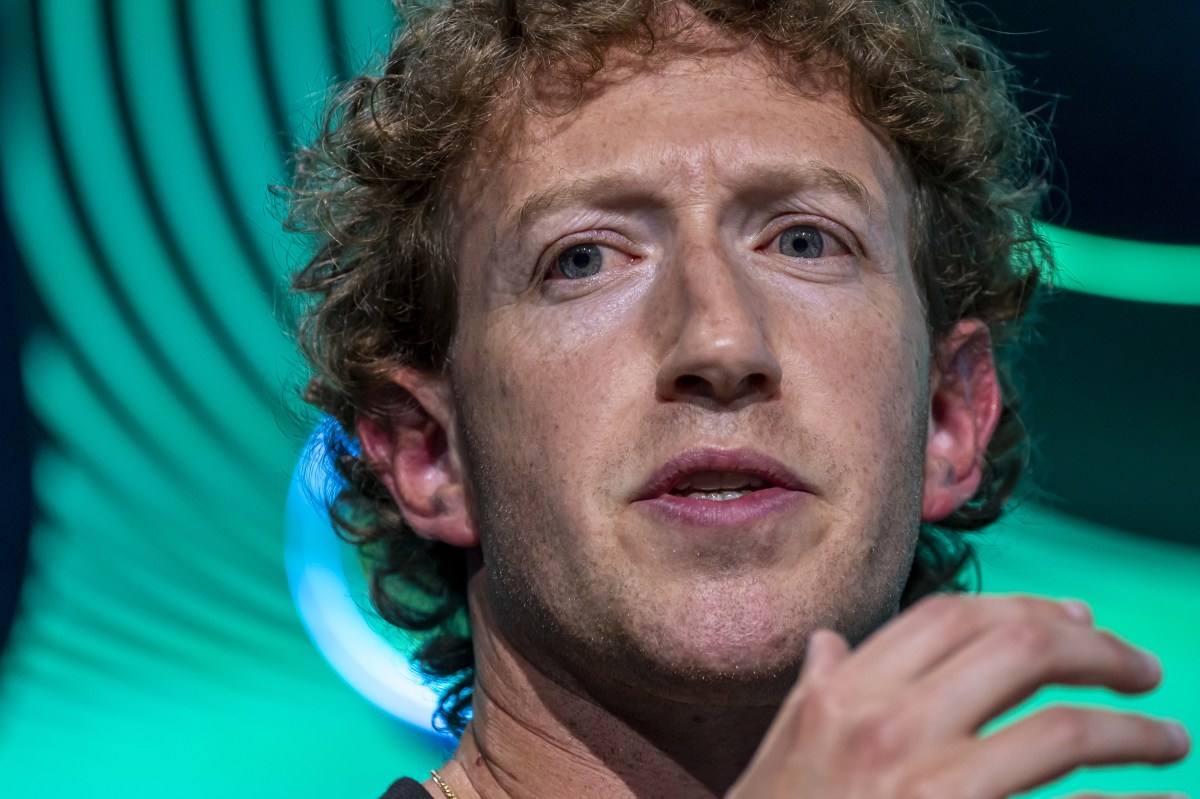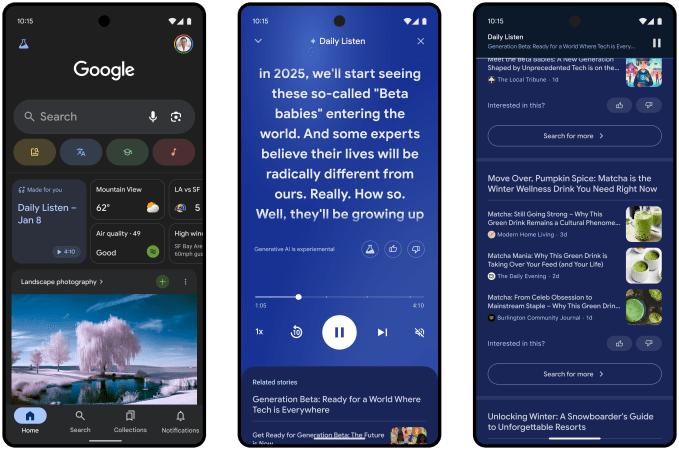Tran Le was an engineering student at Stanford University when she tried to enroll in a clinical trial for her chronic condition. Although she identified several promising trials, she found the sign-up process daunting — she had to have extensive email exchanges with clinical sites and complete lengthy 20-page forms.
All that paperwork was so cumbersome, Le saw an opportunity to use generative AI to reduce the time it takes to enroll in a trial from weeks to minutes. Last year, she teamed up with Sohit Gatiganti, a fellow engineer at Stanford Medicine, to co-found Grove AI.
Although many patients are referred to clinical trials by their physicians, some people look for suitable trials independently by searching on websites like clinicaltrials.gov. These registries can help patients discover relevant clinical studies, but getting in touch with a trial’s administrators can be challenging and time-consuming. As with many things in healthcare, understaffing, bureaucracy, and outdated systems get in the way.
Le and Gatiganti (pictured above) claim that Grove AI’s agent, Grace, can solve the enrollment bottleneck by calling patients as soon as they express interest in a trial.
Grace uses a voice-based AI agent to ask pre-screening questions to determine if a patient qualifies for a trial. If they do, it can schedule a first visit to the clinical site, where trial managers can make the final determination.
Since its founding eight months ago, Grove AI says it has interacted with over 70,000 patients, scheduled 7,000 in-person appointments and brought on two customers with multi-year contracts.
Grove AI may be solving a straightforward problem, but according to Le and Gatiganti, no other company is using generative AI to help expedite the enrollment of patients in trials. “A lot of the players in this space are reaching out to us, and they’re very interested in partnering with us,” Le said.
Investors also think that there may be value in reducing the bureaucratic hurdles associated with clinical trial enrollment.
On Wednesday, Grove AI said it had raised $4.9 million in seed funding led by venture firm A*, with participation from Afore Capital, LifeX Ventures, and Pear VC.
“The market that they’re going after is not the biggest market today, but I think there’s room for it to grow,” said Gautam Gupta, co-founder and general partner at A*. He added that his firm believes that advances in AI and computational biology will lead to an explosion of drug research and clinical trials. “Grove is going to be a big beneficiary,” he said.
Gupta admitted that the tech powering Grove AI is not very complex, but the fact that it is in demand by many organizations, many of which were historically slow to adopt new technologies, made him excited about the company.
In addition to finding Grove AI’s voice agent compelling, Gupta sees significant potential in the startup’s efforts to collect and organize patient data into a relationship management tool.
Most clinical sites currently keep track of patient interactions in spreadsheets, but Grove is using its AI to build a product that could eventually be used for managing patient records.
“I don’t know how to quantify that opportunity now, but I do know that it creates a pretty significant moat and, over time, will create incremental monetization opportunities,” he said.
TechCrunch has an AI-focused newsletter! Sign up here to get it in your inbox every Wednesday.





Leave a Reply